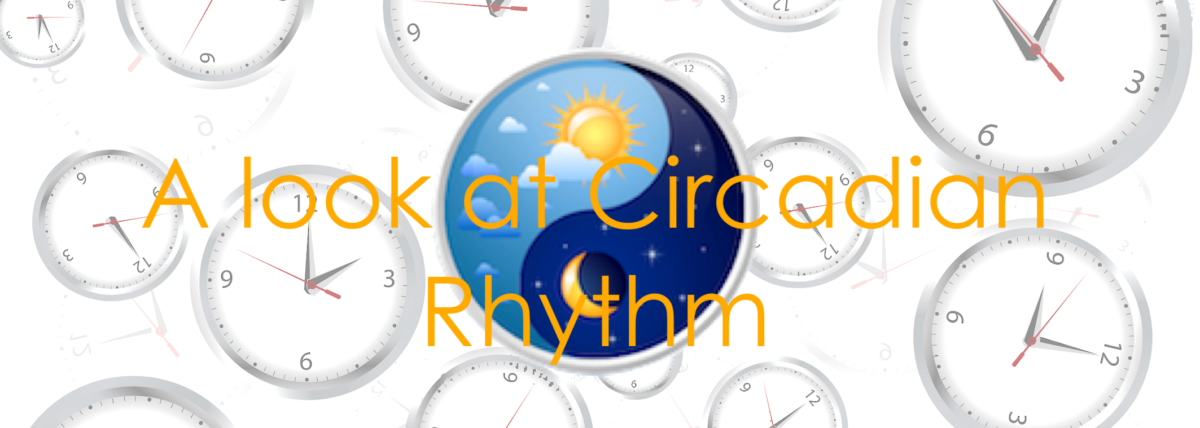Todays post is about circadian rhythm. This is a subject that has recently made its way into mainline media. So we have decided to share what we know and have learned about it.
What is Circadian Rhythm?
Circadian rhythms are physical, mental, and behavioural changes that follow a 24-hour cycle. These natural processes respond primarily to light and dark and affect most living things, including animals, plants, and microbes. Basically, it is the bodies’ own internal clock. This biological clock is a natural timing device, regulating the cycle of circadian rhythms.
Nearly every tissue and organ contains biological clocks. They’re composed of specific molecules (proteins) that interact with cells throughout the body. A master clock in the brain coordinates all the biological clocks in the body, keeping the clocks in sync. In humans, the master clock is a group of about 20,000 nerve cells (neurons) that form a structure called the suprachiasmatic nucleus, or SCN.
The SCN is in a part of the brain called the hypothalamus and receives direct input from the eyes. It also controls the production of melatonin, a hormone that makes you sleepy.
What does it do?
Our Circadian rhythm is so much more than an internal clock. It is a control mechanism that influences important bodily functions such as eating habits, digestion, blood pressure, body temperature and hormone release. Most specifically, it controls the hormones that determine our level of alertness or sleepiness.
The rhythm is affected by external stimuli mostly light. Jet lag, shift work and light from electronic devices at night can confuse our biological clocks. These changes can cause sleep disorders, and may lead to other chronic health conditions.
This is why the use of blue screen devices before bed can have a negative impact on sleep. Once our eyes see the blue light, the master clock thinks that it is daytime and releases the appropriate hormones, such as cortisol, for that time of day.
If your circadian rhythm is off it can mean impaired sleep. This is when sleep is not good quality, not long enough or you may not be getting the right type of sleep at the right time. Too much impaired sleep can lead to poor feelings of alertness during the day and a general feeling of needing more sleep because basically you do.
Can you fix your Circadian Rhythm?
Circadian rhythm miss alignment is often treated with anti-psychotics and anti-depressants however, as always there are side effects. There are other ways of correcting your circadian rhythm.
Taking melatonin can be a way of resetting the rhythm of your sleep but not recommended as a long-term plan, as it does not address the underlying issue. From a naturopathic perspective it is preferable to treat the cause. This can include a number of factors; diet, sleep routine, lifestyle and exercise.
Looking at your diet to determine if you are eating the appropriate foods to allow the body to create the neurotransmitters needed to maintain the correct rhythm. Develop a sleep routine reducing screen time at least half an hour before bed.
If you are still are struggling with sleep after making these changes, there are more options. You could visit a sleep clinic or consult with a health professional to undergo testing for circadian rhythm sleep disorder. This involves checking your levels of melatonin, cortisol and your core temperature.
We hope that you have found this information helpful.
Till the next post,
Live clean n Prosper
Sources – Torrens University of Australia, Science Direct, National Institute of General Medical Sciences

